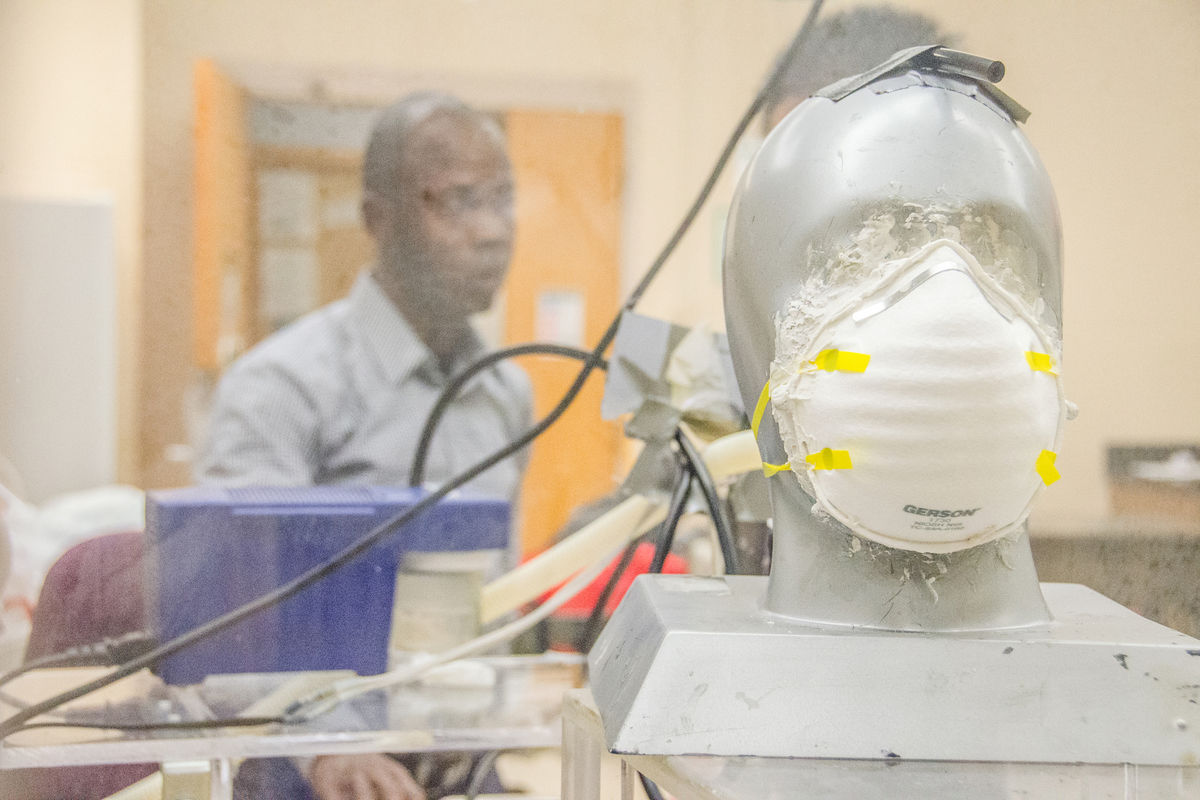MORGANTOWN — As COVID-19 and its variants continue to spread throughout the country, workplace safety has taken on a new meaning. West Virginia University’s Master of Science in industrial hygiene, newly moved to the WVU School of Public Health, is designed to help students address modern day occupational health issues as they gain the ability to anticipate, evaluate and control occupational health hazards.
“In this pandemic era, the health and safety of our workplaces and total worker health have become paramount,” said Erik Carlton, associate dean for professional programs in the School of Public Health. “Industrial hygienists have always been — and will continue to be, even more so — a critical part of our current workforce.”
The industrial hygiene program is designed for students with undergraduate training in the areas of engineering, chemistry, biology, medical sciences, animal sciences or the physical sciences who have an interest in occupational and environmental health and safety.
“We’re leveraging our existing courses, assets and resources to optimize the program’s impact — both in our faculty teaching load and the connections in our student opportunities,” Carlton added. “We’re pleased to continue the tradition of collaboration and partnership with the National Institute for Occupational Safety and Health, which has supported this particular program since 1980.”
Carlton said the Benjamin M. Statler College of Engineering and Mineral Resources had been a good partner during the transition following approval of the shift by the WVU Board of Governors in April. While its formal organizational home has shifted, the program itself is no stranger to Public Health, with many of the school’s faculty already engaged in teaching many of its courses.
Weimin Gao, chair of the department of occupational and environmental health sciences, and Warren Myers, industrial hygiene program director and professor emeritus of industrial and management systems engineering, see the program as a strategic supplement to the school’s current offerings.
“The addition of the industrial hygiene MS program to our department will expand our training portfolio into this high-demand field, complement our existing activities in Occupational Health and foster greater collaboration with NIOSH Morgantown, and promote partnerships with industry,” Gao said.
“I believe this is an important move for the Master of Science in industrial hygiene program because of the natural synergy that exists between the tenets of industrial hygiene and public health, particularly occupational and environmental health,” Myers added. “This program has a long history of interaction with the occupational medicine program. It is my belief that industrial hygienists must work cooperatively with occupational and public health professionals to achieve maximum impact on worker health.”
Tweet @DominionPostWV




